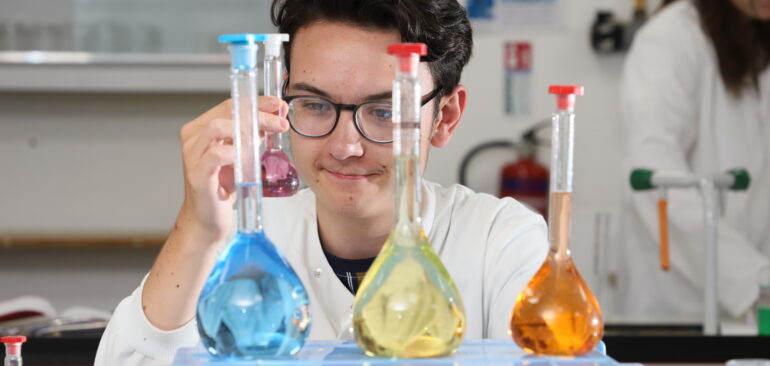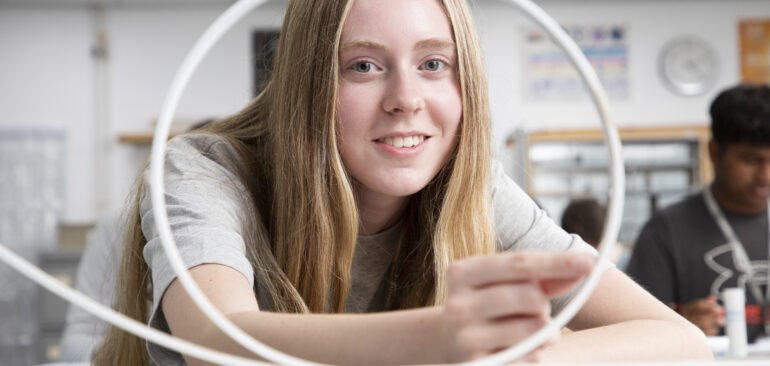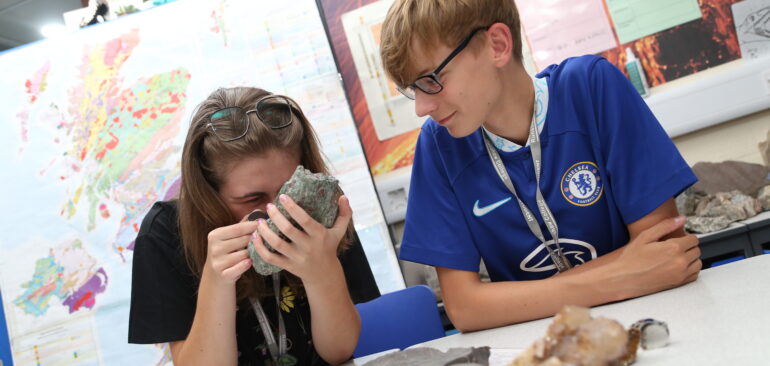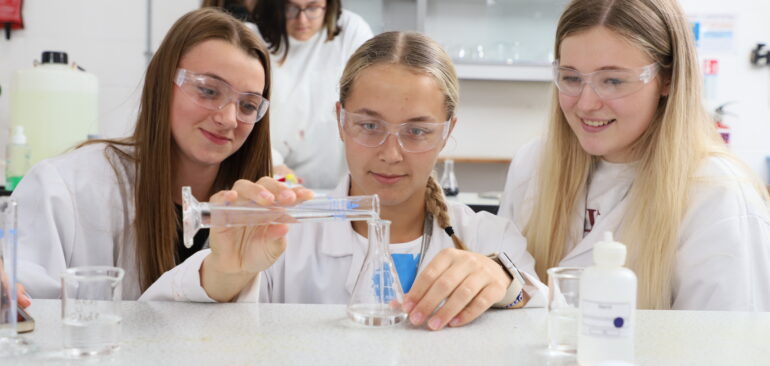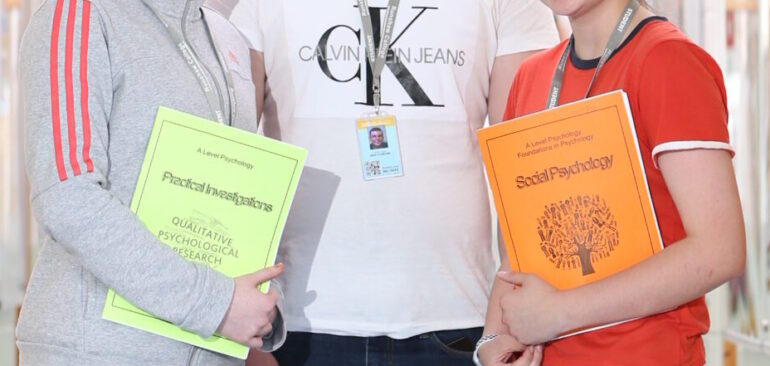A Level Biology
Untangle the DNA of A Level Biology. This is a two year course which will give you the opportunity to study a range of topics such as populations and environmental biology and mechanisms used to control processes in cells and organisms. Many students who enjoy and successfully complete this subject typically progress onto a range of degree courses including: Medicine, Dentistry, Veterinary Science, Biochemistry and Biological Sciences.
- Course Information
- Course Code
- LABIOL
- Exam Board
- AQA
- Attendance Pattern
- Daytime
- Course Level
- Level 3
- Study Mode
- Full Time
- Course Location
- Langdale Road, Leyland
- Age Group
- School Leavers (16-18)
- Course Duration
- 2 years
- Overview
Biology is a fascinating subject and involves the study of all the traditional areas of Biology, as well as an examination of technological advances in areas such as DNA technologies, fingerprinting, genetic engineering and gene therapy. During the first year the fundamental ideas in Biology will be covered, including how the body defends itself against disease, cellular operations and the creation and roles of important biological molecules such as carbohydrates, proteins, lipids and DNA.
As the course progresses, concepts to be covered will also include populations and environmental biology.Biology is a fascinating subject and involves a study of all the traditional areas of biology as well as an examination of technological advances in areas such as DNA technologies, fingerprinting, genetic engineering and gene therapy.
Course Highlights:
Biology Olympiad, Medical Society and Oxbridge preparation.
- Entry Requirements
For our A Level programme our entry requirements are a minimum of 5x Grade 5.
*Please note that A Level English requires a Level 6 in GCSE English
*Please note that A Level Maths requires a Level 6 in GCSE Maths
*Please note that A Level Biology requires a Level 5 in GCSE Maths and a Level 6 in GCSE Science.
*Please note that A Level Chemistry, Physics and Geology require a Level 6 in GCSE Maths and Science.
- How will I be assessed?
The A Level course will be assessed by three examinations at the end of Year 2. There will be a separate assessment of students’ practical skills throughout Year 1 and Year 2, and will result in students gaining a practical endorsement.
- Progression Pathway
Our Biology students progress to a variety of courses and careers as doctors, dentists and vets, whilst others move into science based careers such as genetics, biochemistry, biotechnology and laboratory work.
- National Careers Service
For guidance about what careers subjects can lead on to please follow this link to the National Careers Service.
